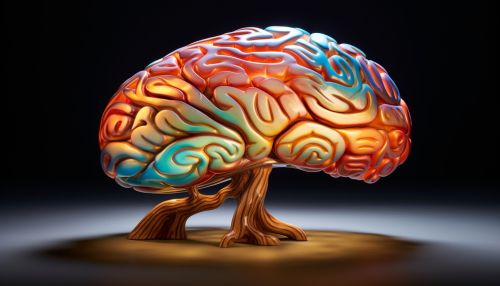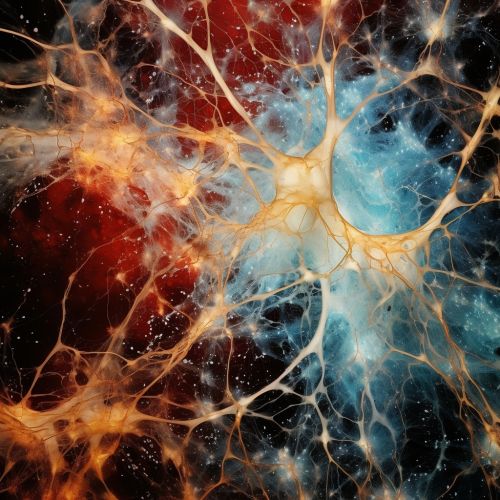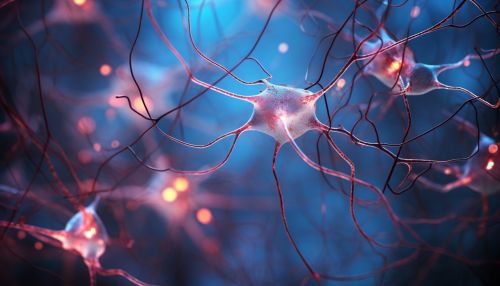Alzheimer's disease
Introduction
Alzheimer's disease is a progressive neurodegenerative disease that typically affects individuals over the age of 65, although early-onset forms of the disease can occur. It is characterized by a gradual decline in cognitive abilities, including memory, thinking skills, and the ability to perform simple tasks. Alzheimer's disease is the most common cause of dementia, accounting for an estimated 60-80% of cases.


Etiology
The exact cause of Alzheimer's disease is unknown, but it is believed to result from a combination of genetic, lifestyle, and environmental factors that affect the brain over time. The disease is associated with the formation of plaques and tangles in the brain, which are composed of the proteins beta-amyloid and tau, respectively. These plaques and tangles are thought to disrupt communication between neurons and trigger inflammation, leading to neuronal death.
Pathophysiology
In Alzheimer's disease, the damage initially appears to take place in the hippocampus, the part of the brain essential in forming memories. As more neurons die, additional parts of the brain are affected, and they begin to shrink. By the final stage of Alzheimer's, damage is widespread, and brain tissue has shrunk significantly.


Symptoms
The symptoms of Alzheimer's disease progress from mild to severe over time, and can include memory loss, difficulties with problem-solving or language, disorientation, mood and behavior changes, and difficulties with self-care. As the disease progresses, individuals may experience severe memory impairment and lose the ability to carry out everyday tasks.
Diagnosis
There is no single test that can diagnose Alzheimer's disease. Instead, doctors use a variety of strategies to diagnose the disease, including a thorough medical history, mental status testing, a physical and neurological exam, blood tests, and brain imaging.
Treatment
There is currently no cure for Alzheimer's disease, but treatments can temporarily slow the worsening of symptoms and improve quality of life. These treatments include medications for memory loss and treatments for behavioral and sleep changes. In addition, support and services are available to help people manage the disease and improve their quality of life.


Prevention
While there is no proven way to prevent Alzheimer's disease, some evidence suggests that strategies for overall healthy aging may help lower your risk. These strategies include regular physical activity, a healthy diet, mental stimulation, quality sleep, regular medical check-ups, and avoiding smoking and excessive alcohol.
Research
Research on Alzheimer's disease has grown significantly over the past few decades. Current research focuses on understanding the disease process, identifying potential risk factors, developing new treatments, and exploring prevention strategies.


